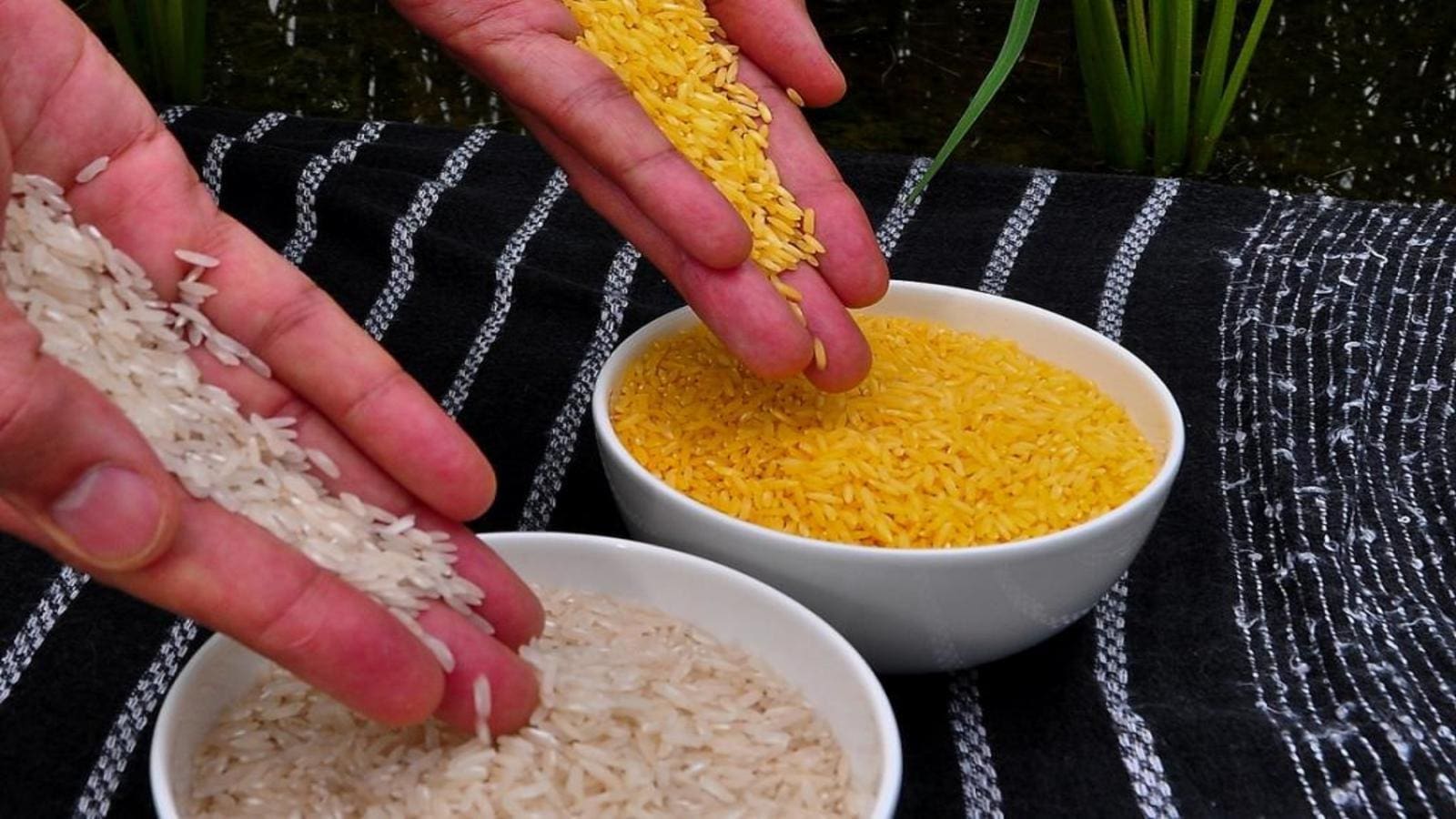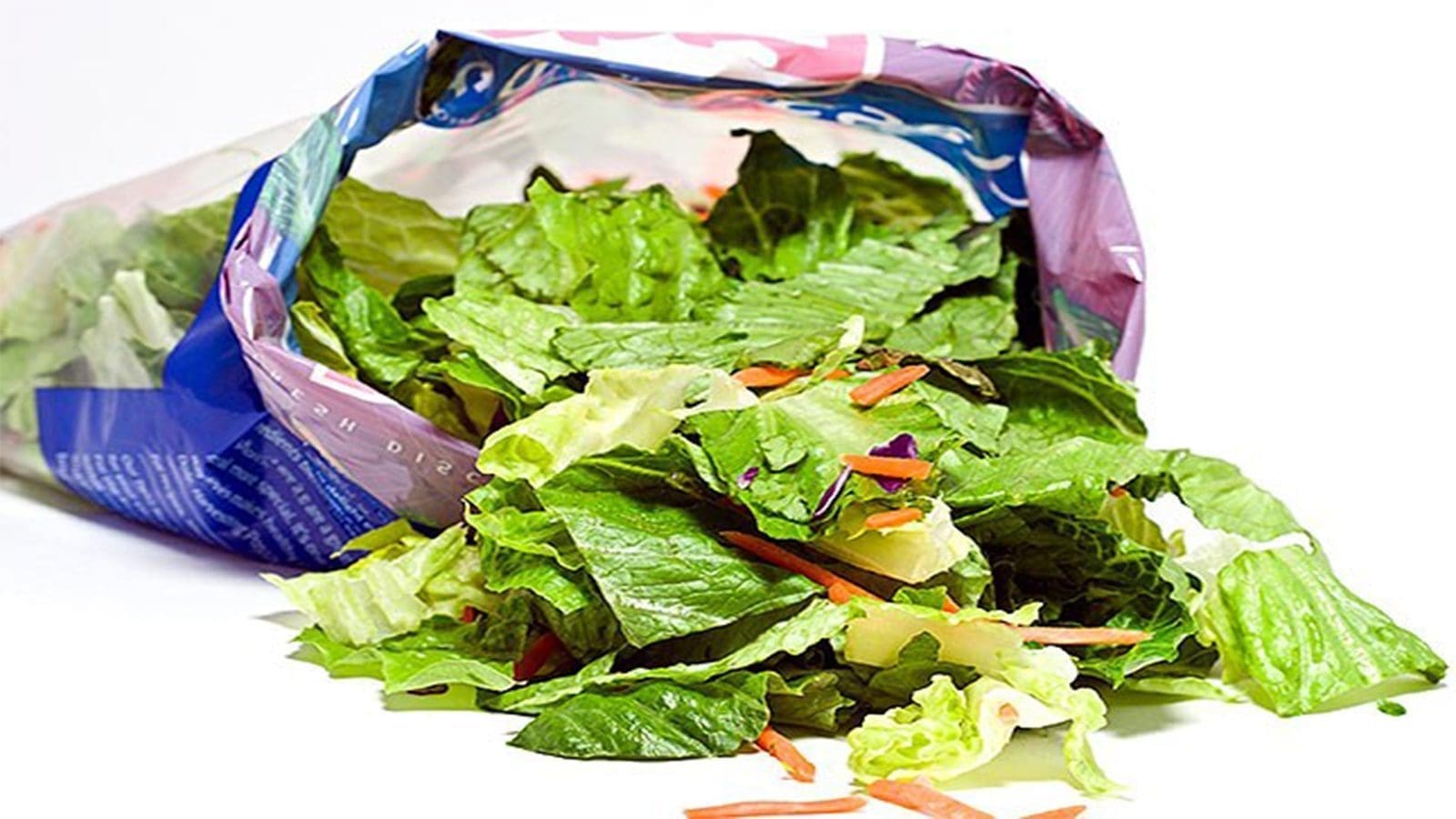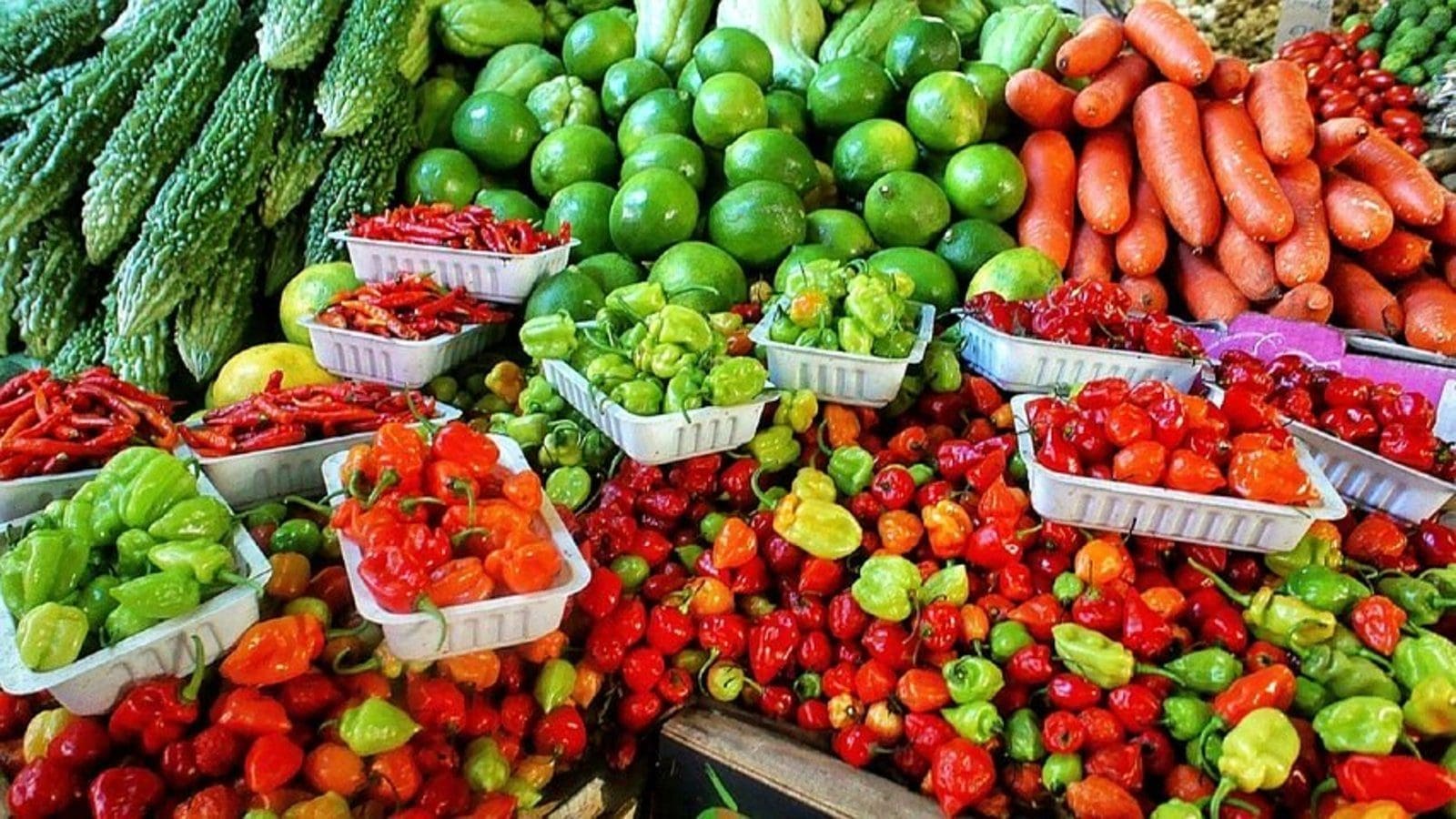INDIA – The Food Safety and Standards Authority of India (FSSAI) has solicited views of the public on its draft regulation on manufacture, storage, distribution, sale and import of any food or food ingredient derived from genetically modified organisms (GMOs).
FSSAI has given 60 days from the date of issue of the draft notification for any objections or suggestions from the public.
The draft states that all food products having individual genetically engineered ingredients one per cent or more should be labelled as “Contains GMO/ingredients derived from GMO.” The regulation applies to GMOs or genetically engineered organisms (GEOs) or living modified organisms (LMOs) intended for direct use as food or for processing.
It also applies to processed food containing genetically modified ingredients produced from but not containing LMOs, GEOs or GMOs. In accordance with the draft notification, prior approval of FSSAI is required for manufacture, storage, distribution, sale and import of any food or food ingredient derived from GMOs.
The consent of FSSAI is mandatory even after taking prior approval from the biotech regulator Genetic Engineering Appraisal Committee (GEAC) under the Environment Ministry.
FSSAI may either grant approval or reject the application on the basis of the safety assessment of the article of food and food ingredient of processing aid. After receiving the FSSAI approval, food business operators are required to apply for license as per the procedure specified in the Food Safety and Standards (Licensing and Registration of Food Businesses) Regulations, 2011.
In case a food business operator has reason to believe that the GMOs or GEOs pose any risk to health, following FSSAI approval, he/she should immediately “suspend” the manufacture, import, sale or distribution of such food items and take steps to recall the same.
According to the draft, once a GMO, GEO or LMO having unique identification code’ which is provided by the Biosafety Clearing House and the Organization for Economic Cooperation and Development, is approved by FSSAI, the approval for the same will not be required for any other food business operator. The same rule will apply if it is used as an ingredient in any product.
In addition, the regulator said any food laboratory having a designated GM food testing area may be designated for GM foods testing.
Ministry of Health launches food safety vehicles
Meanwhile, the Union Minister of State (MoS) for Health and Family Welfare has flagged off Food Safety Awareness vehicles to make people across the country acquainted with food safety measures.
The Ministry informed that a total of 60 Food Safety on Wheels (FSWs) and 95 Modified Food Safety on Wheels will be provided to the States. This will not only address the issue of lack of food testing infrastructure in remote areas but also cater to the basic analytical needs of consumers.
“Visited and reviewed the functioning of the Food Safety and Standards Authority of India (FSSAI), New Delhi, a nodal food safety and regulatory authority & flagged off the Food Safety on Wheels, bringing technology to check food adulteration at our doorsteps,” said Dr Bharati Parvin Pawarsaid, MoS for Health and Family Welfare, in a tweet.
On the occasion, Minister Pawar unveiled a book on the history of food and another cookbook on curated recipes that use minimal salts. She also released the ‘National Low Salt Cooking Challenge Report’.
The MoS inspected the technical capabilities of the Mobile Food Testing vans called “Food Safety on Wheels”. These vans are equipped with State-of-the-Art equipment to detect adulteration in submitted food items. The minister flagged off several of these vans to supplement the food safety ecosystem across the country.
Speaking during the occasion, he observed that food is an essential component of health in a holistic sense. “Balanced nutrition is an integral part of Health,” she stated.
The MoS Health said that citizens are a stakeholder for food safety along with government and industry. She lauded the action taken by the organization in collaboration with industry partners to take the country forward in food safety. She also reviewed the functions of FSSAI with regards to provisions of the recent Food Safety Act.
Dr Pawar noted that with the onset of globalization and consumerism, there should be more awareness regarding the ingredients of the food we are consuming.
“Mothers and Grandmothers played a key role in the food choices and nutrition of our earlier generations. There is now a pressing need to educate the next generation on food choices,” she said.
Liked this article? Subscribe to Food Safety Africa News, our regular email newsletters with the latest news insights from Africa and the World’s food safety, quality and compliance. SUBSCRIBE HERE








